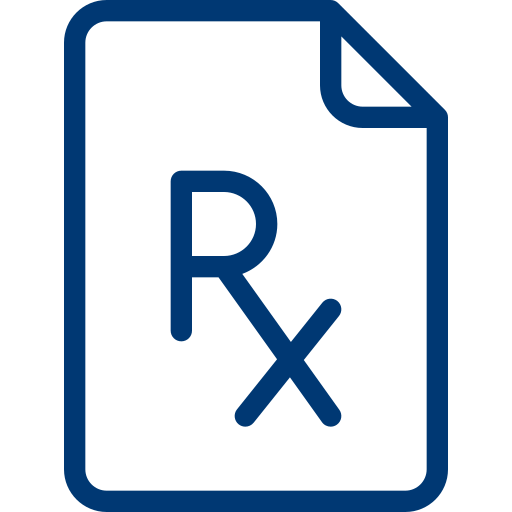Exploring Malaria Causes, Symptoms, And Cutting-Edge Diagnosis Techniques
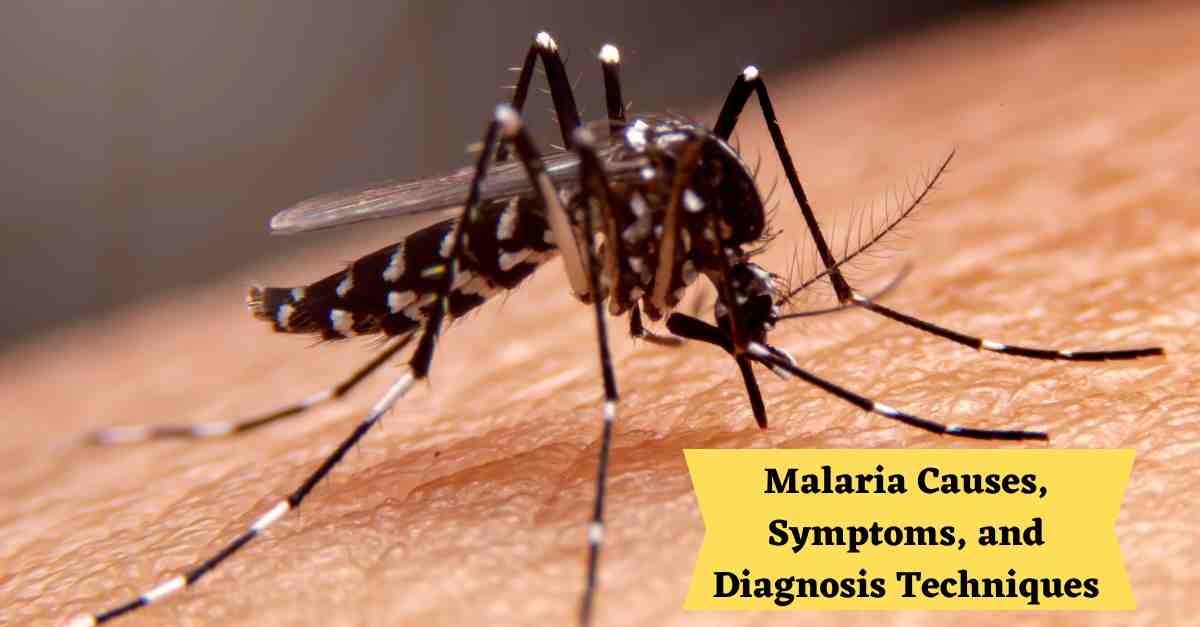
What Is Malaria?
Malaria Is A Really Serious Sickness. It Comes From Mosquito Bites. When A Mosquito That Has Malaria Bites You, It Puts A Parasite In Your Blood.
These parasites go to your liver first, then they move into your blood and start to make more of themselves.
After a while, they burst the blood cells they're in and move to new ones, which makes you sick.
Malaria mostly happens in warm places where mosquitoes live. In 2016, about 216 million people got malaria in 91 different countries.
In the United States, around 1,700 people get malaria every year. Most of them caught it while they were visiting places where malaria is common.
What Causes Malaria?
Malaria happens when you get bitten by certain mosquitoes that carry tiny parasites. These parasites enter your body when the mosquito bites you, causing the illness. Places where there are lots of these mosquitoes, like warm areas with still water, are more likely to have malaria.
Preventing malaria involves stopping mosquito bites and treating infected people. Using mosquito nets, insect repellents, and removing stagnant water around homes can help prevent bites. Access to medicine and healthcare also plays a crucial role in treating and managing malaria cases.
In simple terms, malaria comes from mosquito bites in certain areas. Preventing it means avoiding those bites and getting proper treatment if you do get sick.
What Are The Symptoms Of Malaria?
Malaria symptoms usually pop up within 10 days to 4 weeks after catching it. But sometimes, they might not come for months. Here's what to watch for:
1.Shaking chills - you might shiver a lot.
2.High fever - when your temperature shoots up.
3.Lots of sweating - even when it's not hot.
4.Headache - your head might really hurt.
5.Feeling sick - like you're going to throw up.
6.Throwing up - your stomach might be upset.
7.Belly ache - your tummy could hurt.
8.Diarrhea - going to the bathroom a lot.
9.Feeling weak - like you don't have much energy.
10.Muscle pain - your body might ache.
11.Seizures - your body might shake uncontrollably.
12.Passing out - in really bad cases.
13. Bloody poop - not common, but it can happen.
How is Malaria Diagnosed?
✔Talking and Checking: Your doctor will ask about where you've been and how you're feeling. They'll also gently feel your belly to see if your spleen or liver is bigger than usual.
✔Blood Tests: They'll take a small sample of your blood to check for malaria. They might look at it under a microscope, use a quick test, or do a special test called PCR.
✔Extra Blood Checks: Sometimes, they'll do more tests on your blood to see how bad the malaria is, if it's hard to treat, or if it's affecting your body.
✔Scans (sometimes): If you're very sick, they might take pictures of your insides to see if the malaria is hurting your organs.
By talking to you, checking your body, and doing blood tests, your doctor can find out if you have malaria and how to help you feel better.
How To Avoid Malaria?
✔Sleep safely: Use special nets that keep mosquitoes away when you sleep. They're treated with stuff that bugs don't like.
✔Bug off: Spray bug spray on your skin to keep mosquitoes from biting you. Make sure it has things like DEET or lemon eucalyptus.
✔Cover up: Wear clothes that cover your arms and legs, and close-toed shoes to stop mosquitoes from biting.
✔Stay inside: Try to stay indoors when mosquitoes are most active, especially during the early morning and evening.
✔Take your medicine: If you're going to a place where malaria is common, take medicine to prevent it. Talk to a doctor before you go.
✔Get rid of water: Mosquitoes breed in standing water, so empty out things like buckets and pots to stop them.
✔Get help if you feel sick: If you feel feverish, tired, and achy after being in a place with lots of mosquitoes, see a doctor. It might be malaria.
Testing For Malaria:
If you think you might have malaria, there are ways to check. Doctors can look at your blood with a microscope or use special kits. These help them see if you have the tiny parasites that cause malaria. There are also new tests that are even better at finding malaria early.
When you suspect malaria, doctors have ways to find out. They might check your blood under a microscope or use special kits. These tools help them spot the tiny parasites that cause malaria. Some new tests are even better at catching malaria early.
Strategies For Malaria Prevention:
1.Before heading to areas where malaria is common, seek advice from a healthcare provider.
2.Make sure to stick to the recommended medication routine before, during, and after your trip.
3. Guard against mosquito bites by sleeping under mosquito nets.
4. Cover up with long clothing and apply insect repellent to protect your skin.
5. Stay updated on malaria risk areas with information from the CDC.
If you start feeling unwell after visiting malaria-prone regions, don't hesitate to seek medical help.
In Conclusion:
Malaria is a serious illness, but by knowing what causes it, how to recognize it, and what you can do to prevent and treat it, you can stay safe. It's important to take steps to protect yourself, especially if you live in or are traveling to areas where malaria is common.
FAQs:
Q.1. How do you get malaria?
ANS. Malaria is spread through the bites of certain mosquitoes.
Q.2. What are the symptoms of malaria?
ANS. Symptoms include fever, shaking, feeling cold, headaches, throwing up, and feeling weak.
Q.3. How can I avoid getting malaria?
ANS. Using mosquito nets, bug spray, and taking preventive medicine are some ways to avoid malaria.
Q.4. How is malaria diagnosed?
ANS. Doctors can test for malaria by looking at your blood under a microscope or using special kits.
Q.5. Can malaria be treated?
ANS. Yes, there are medicines that can help you get better if you have malaria.


 - What Is It, Cost, Symptoms, And How Does It Work.jpg)

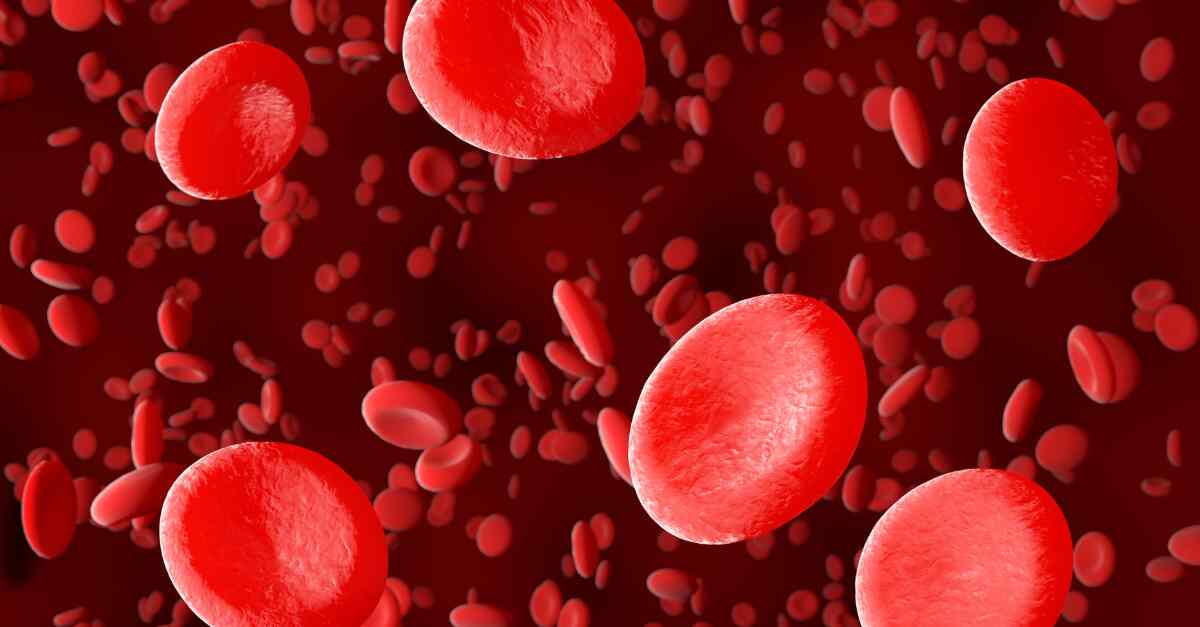
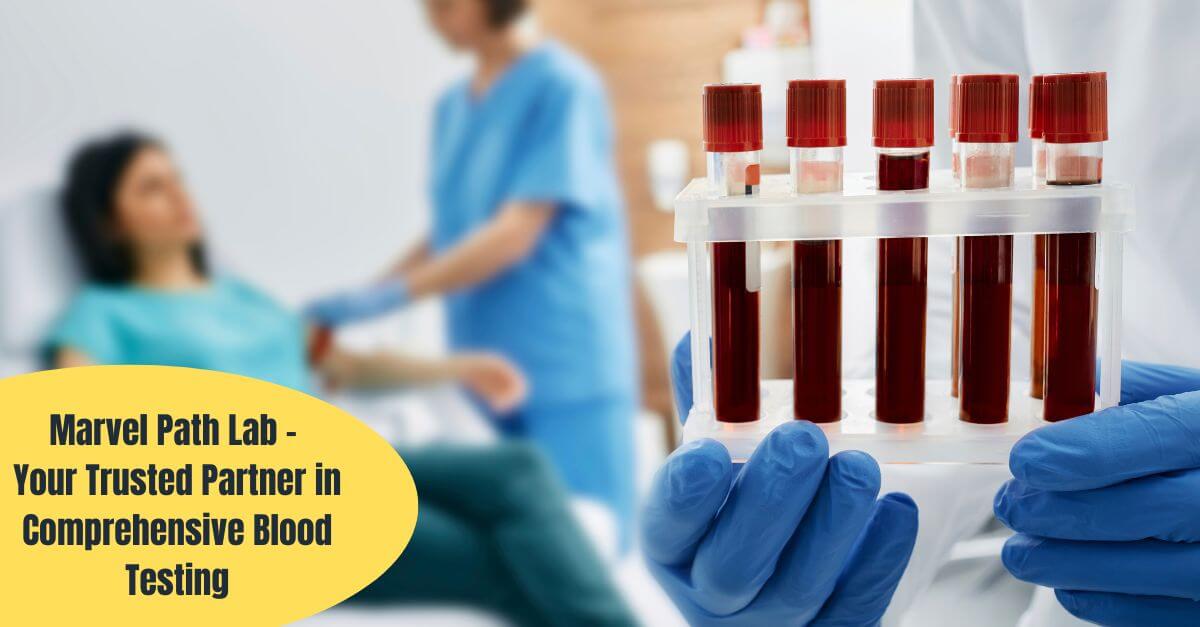
.jpg)

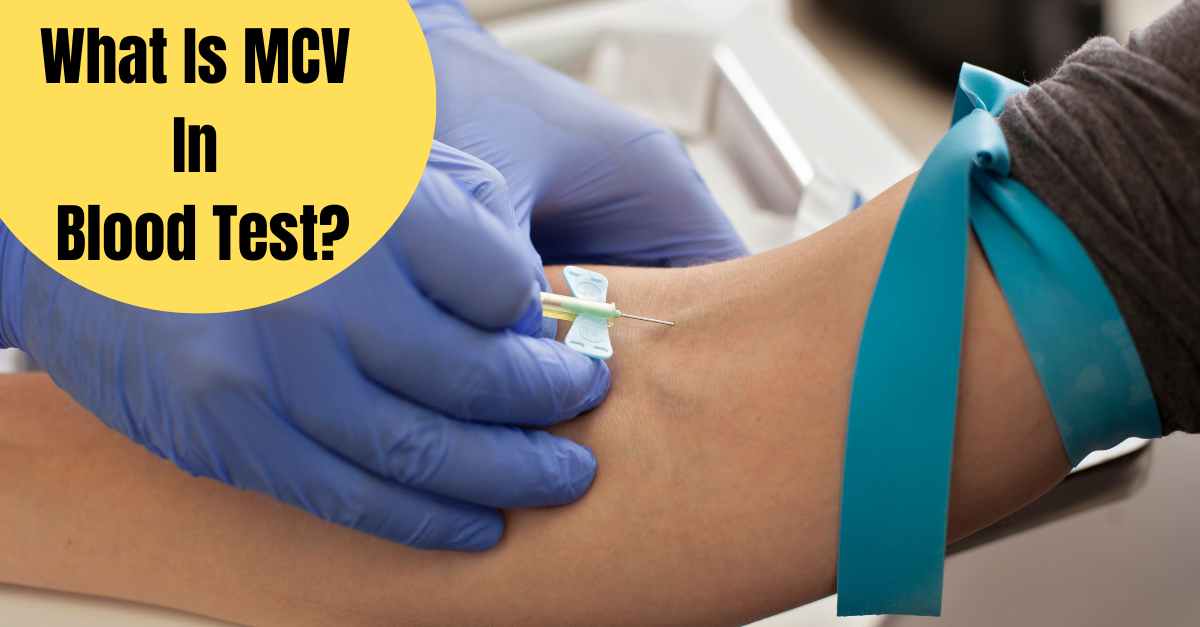
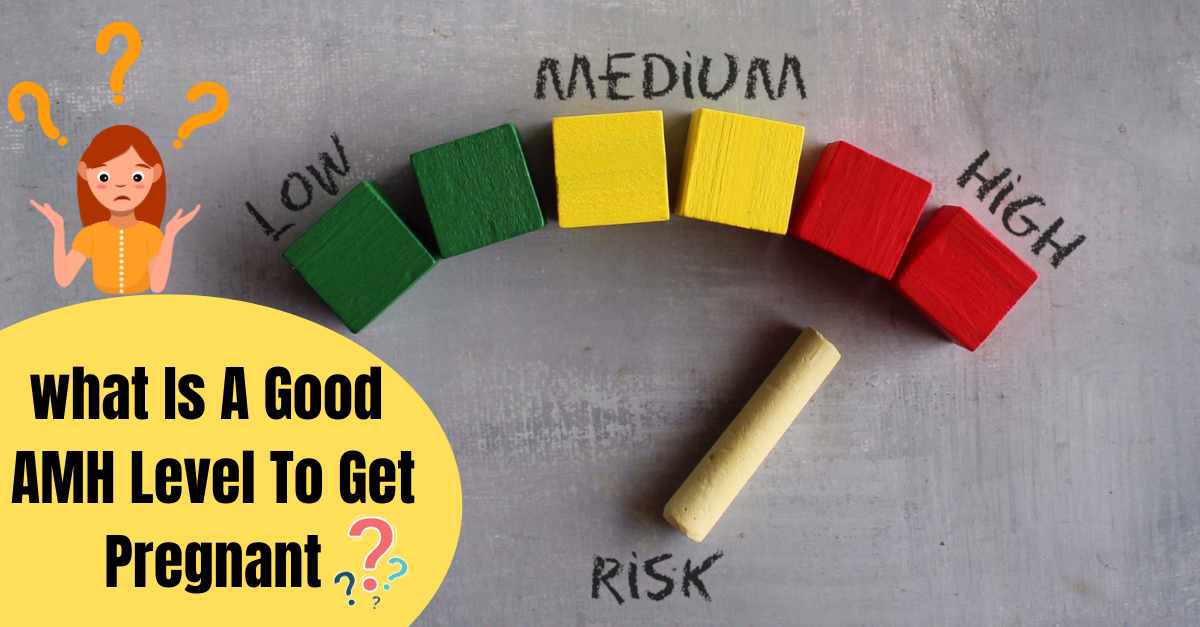
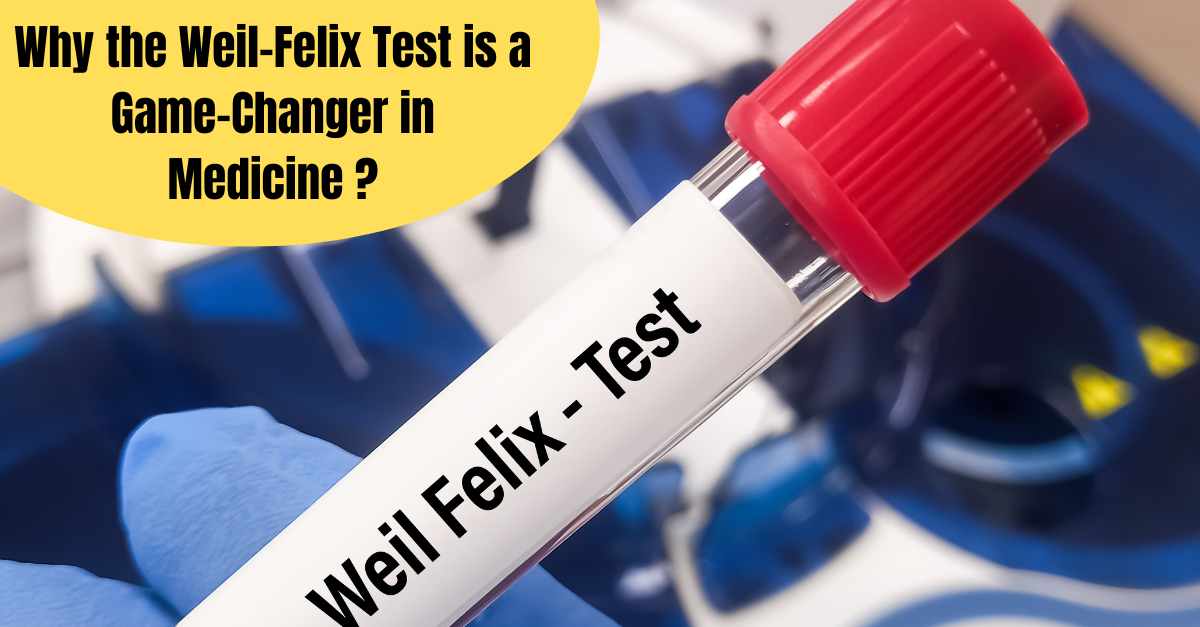





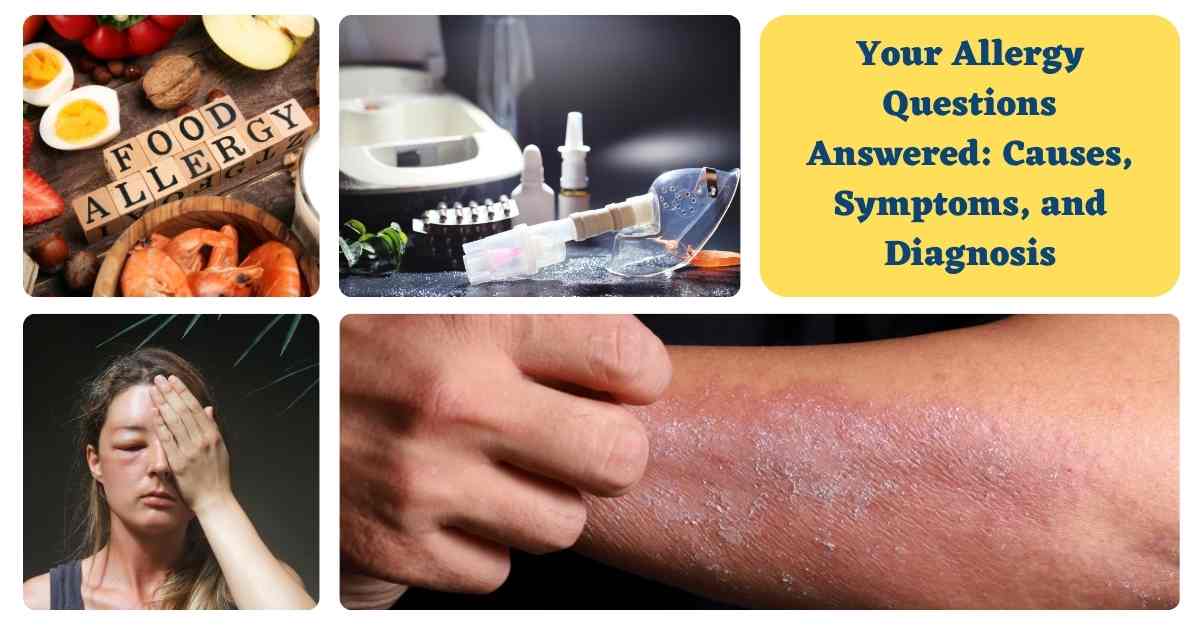


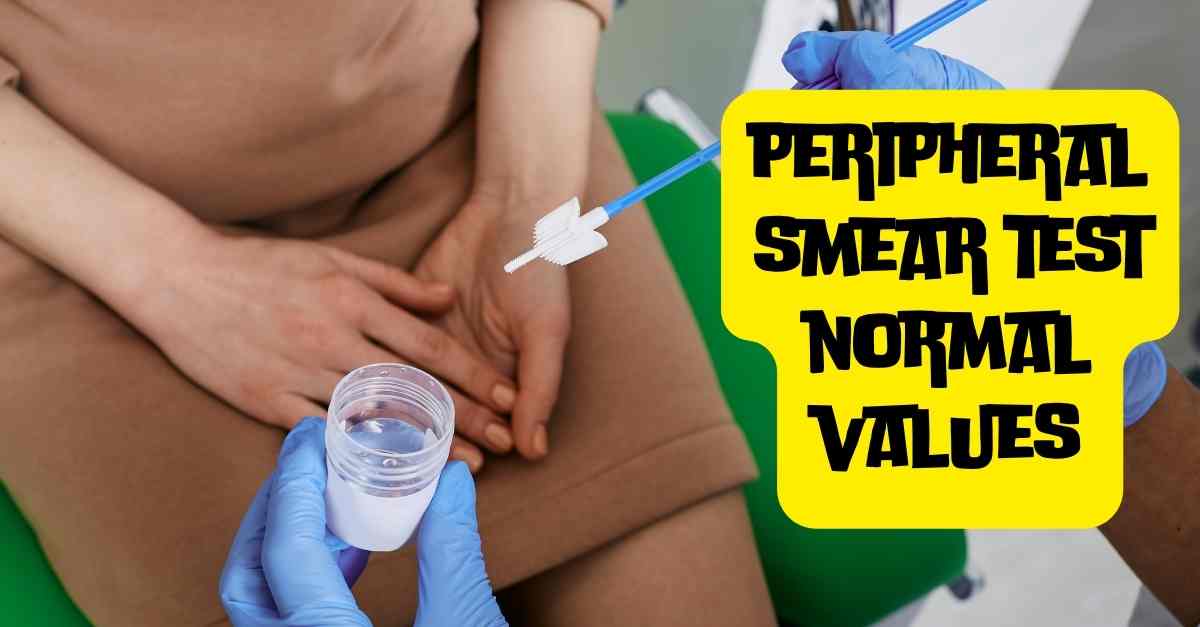
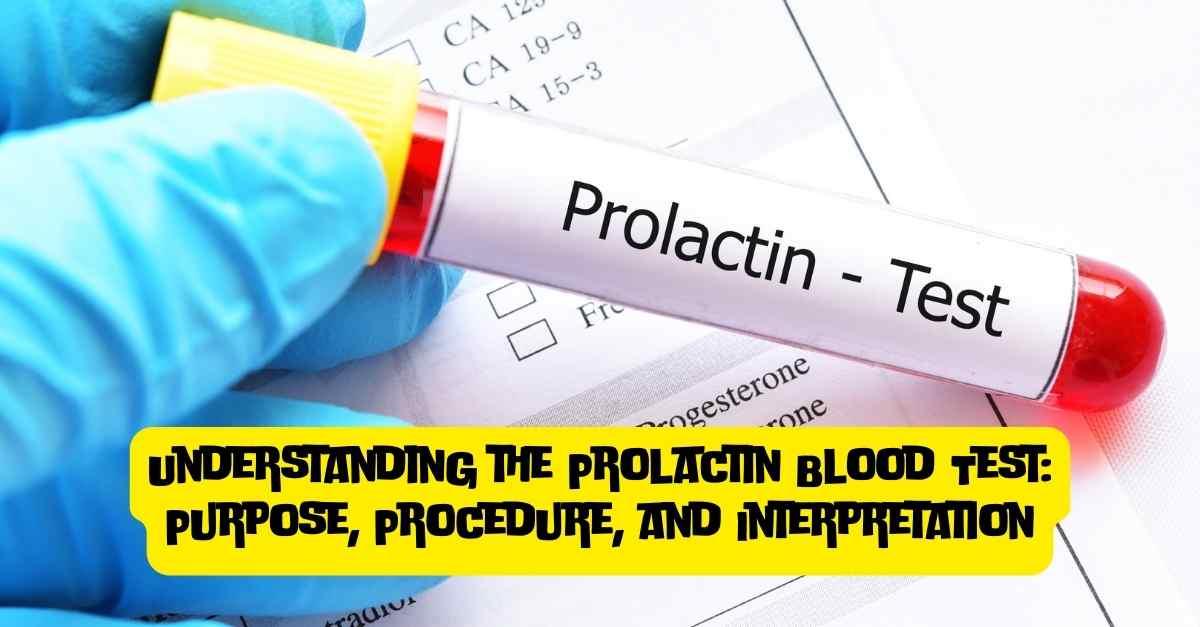
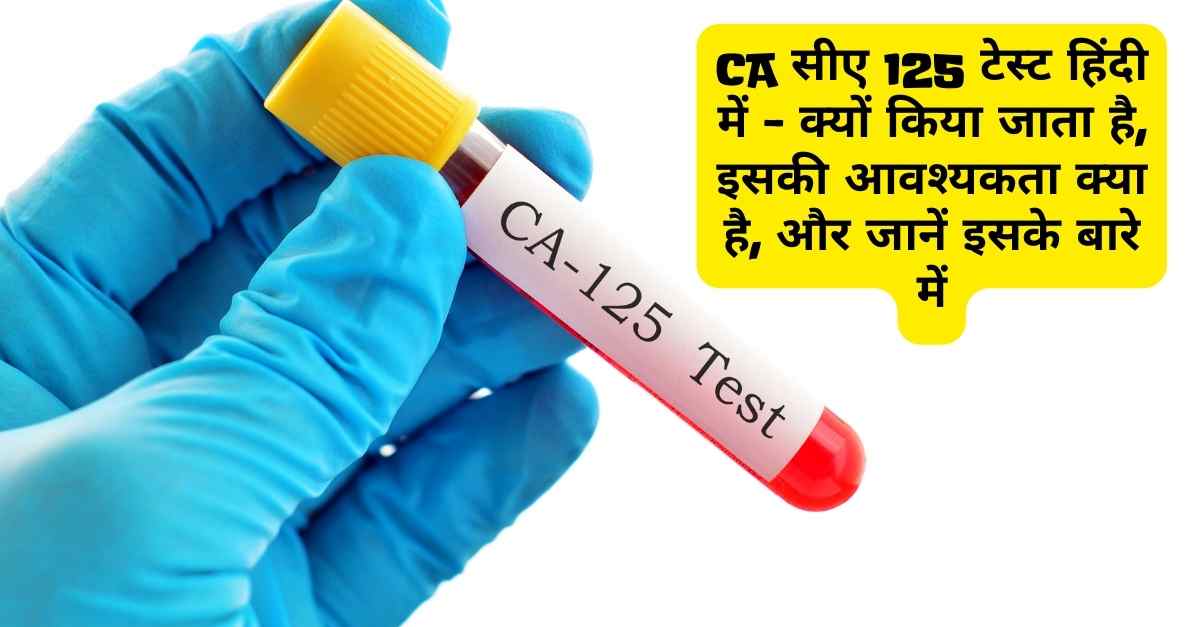
 Test.jpg)
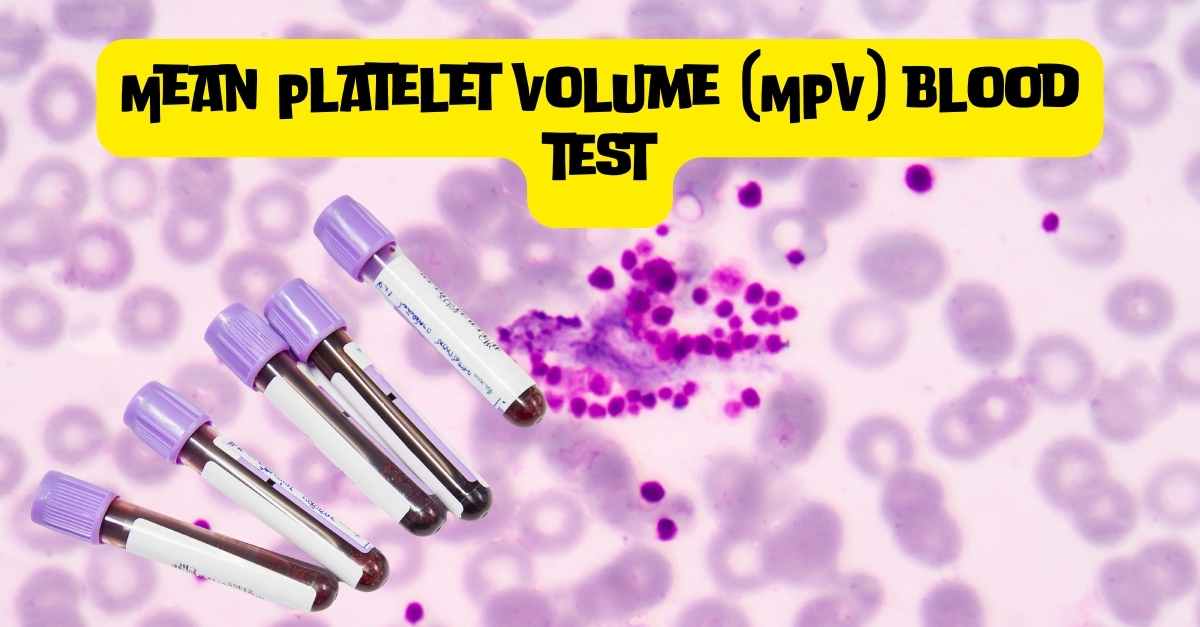
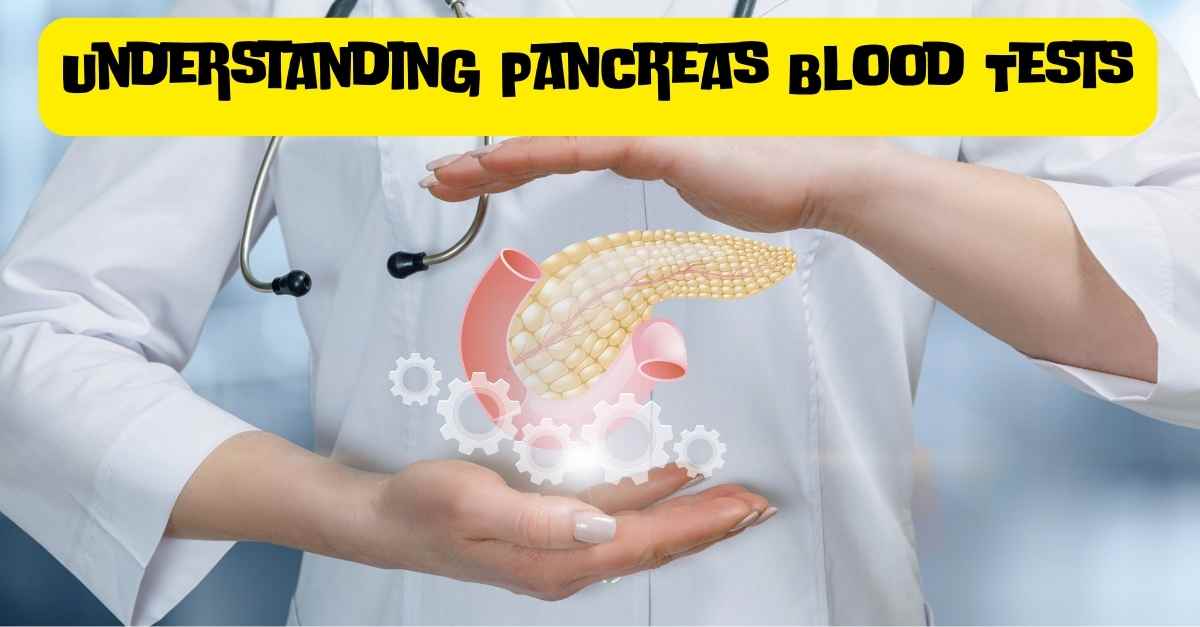
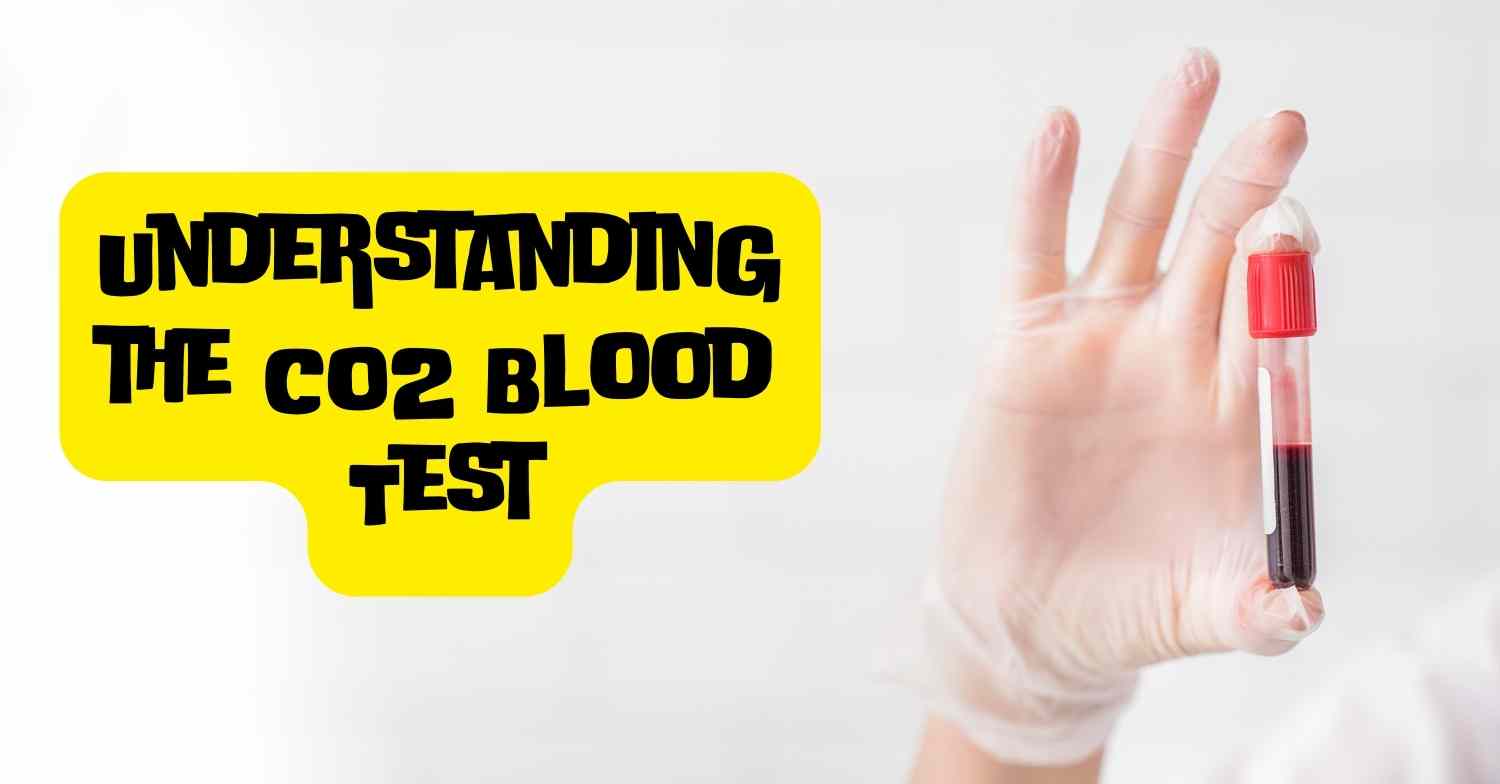
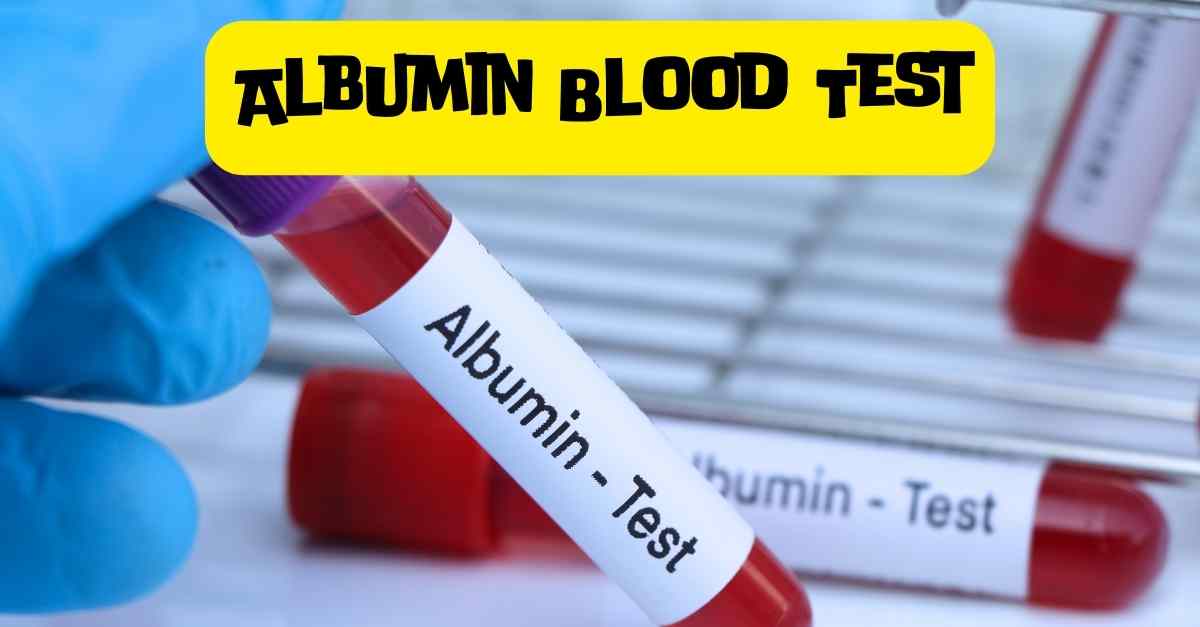
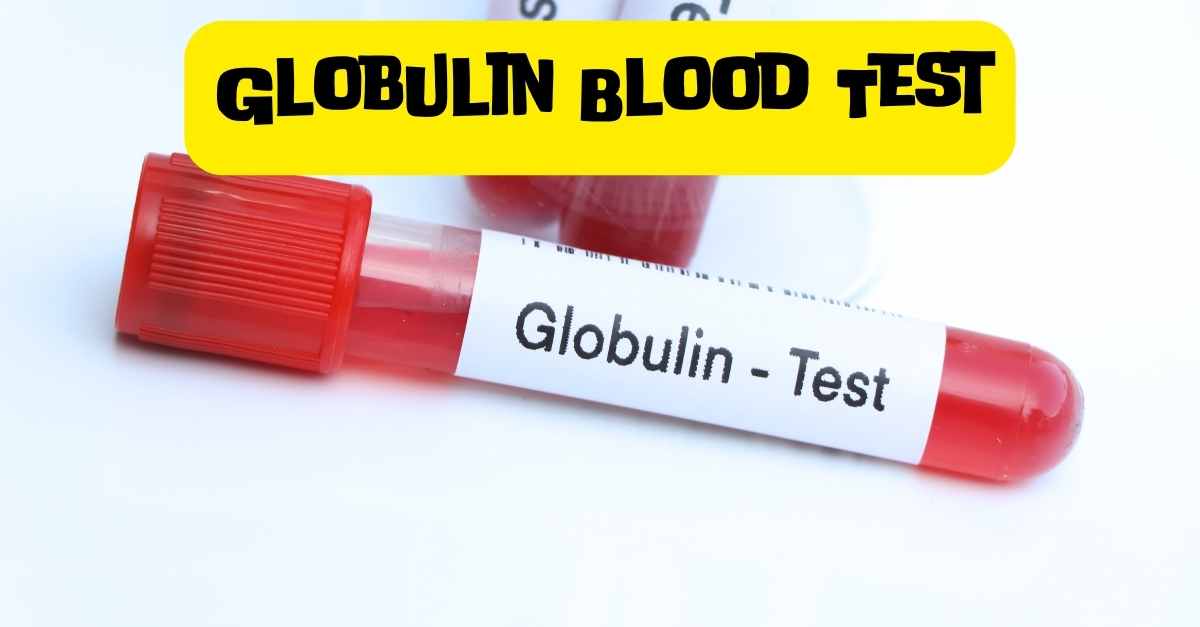
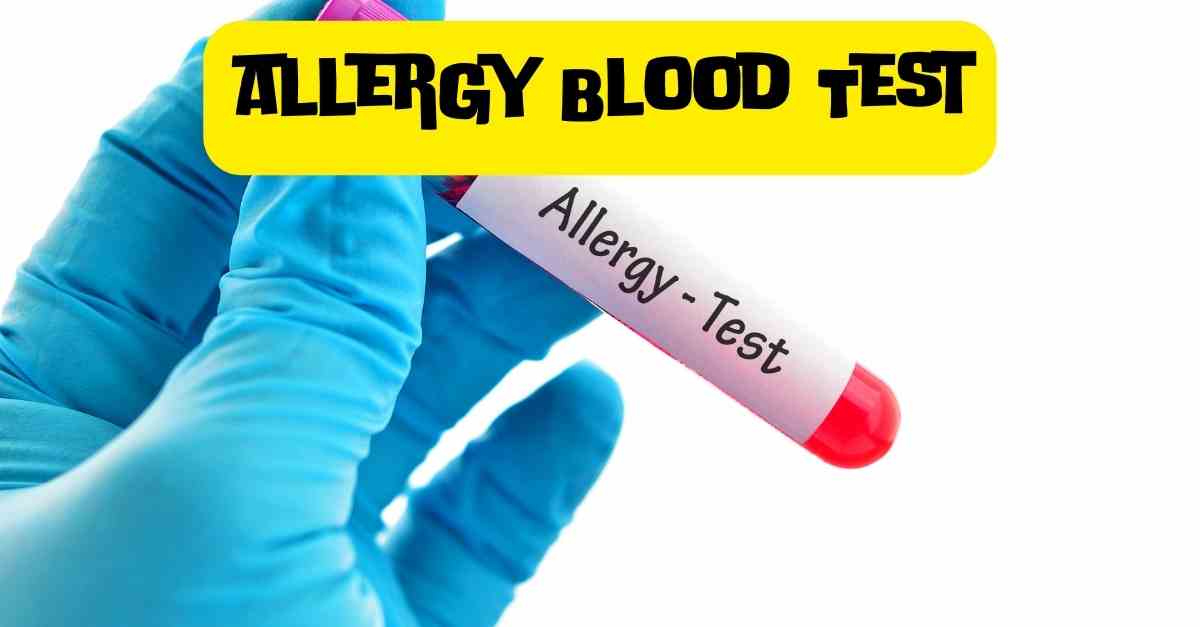
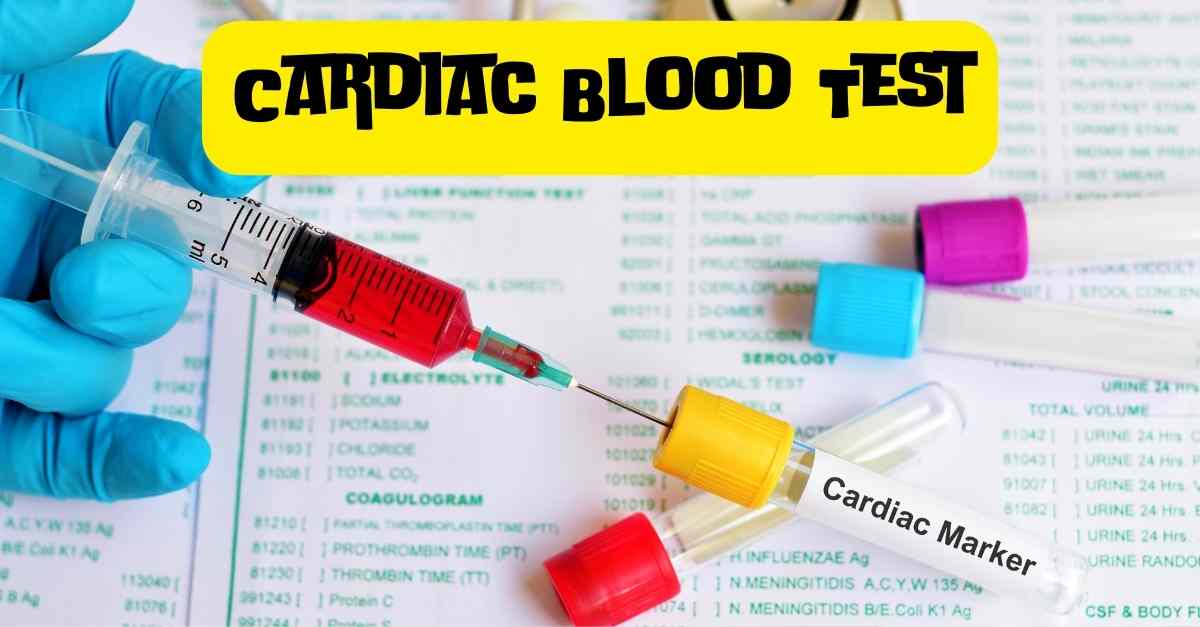
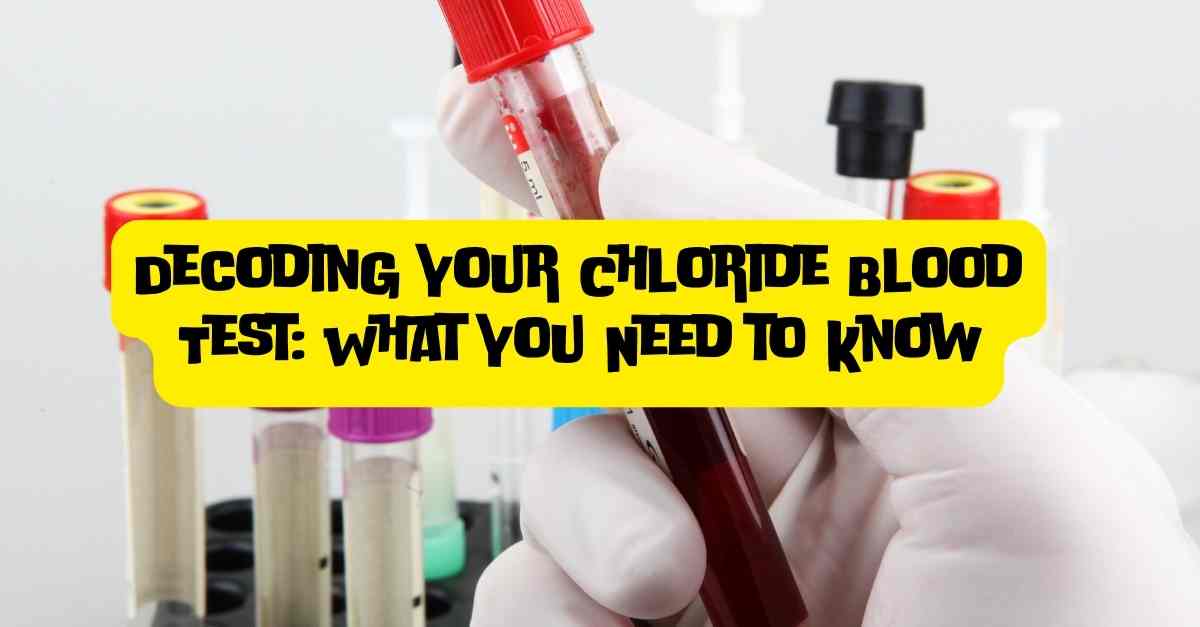
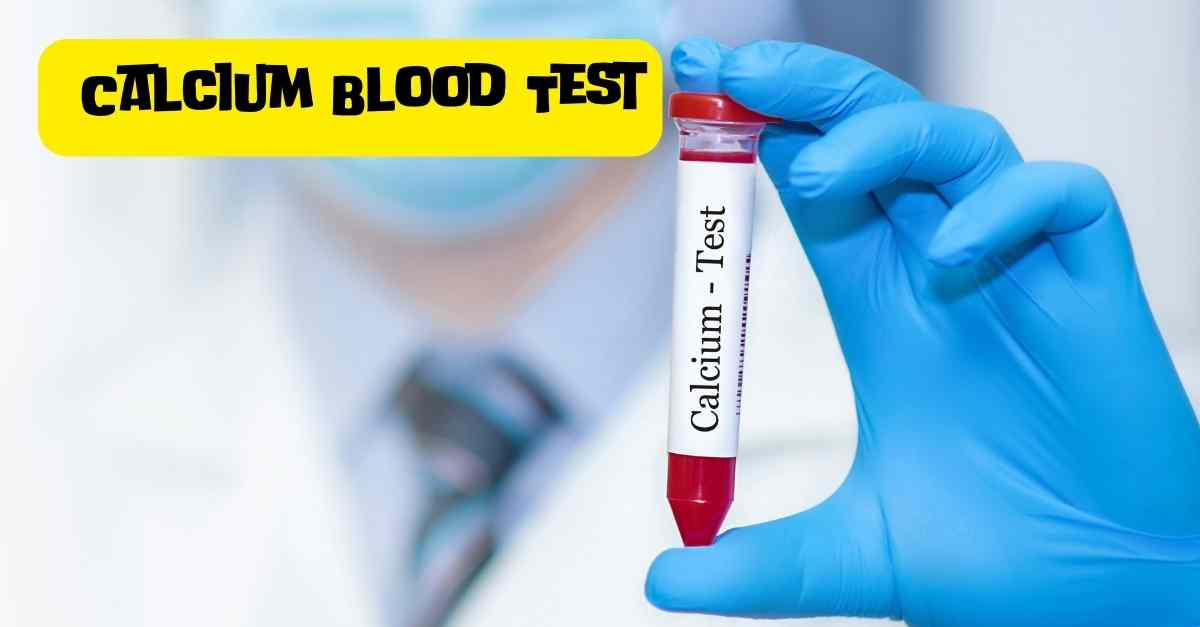
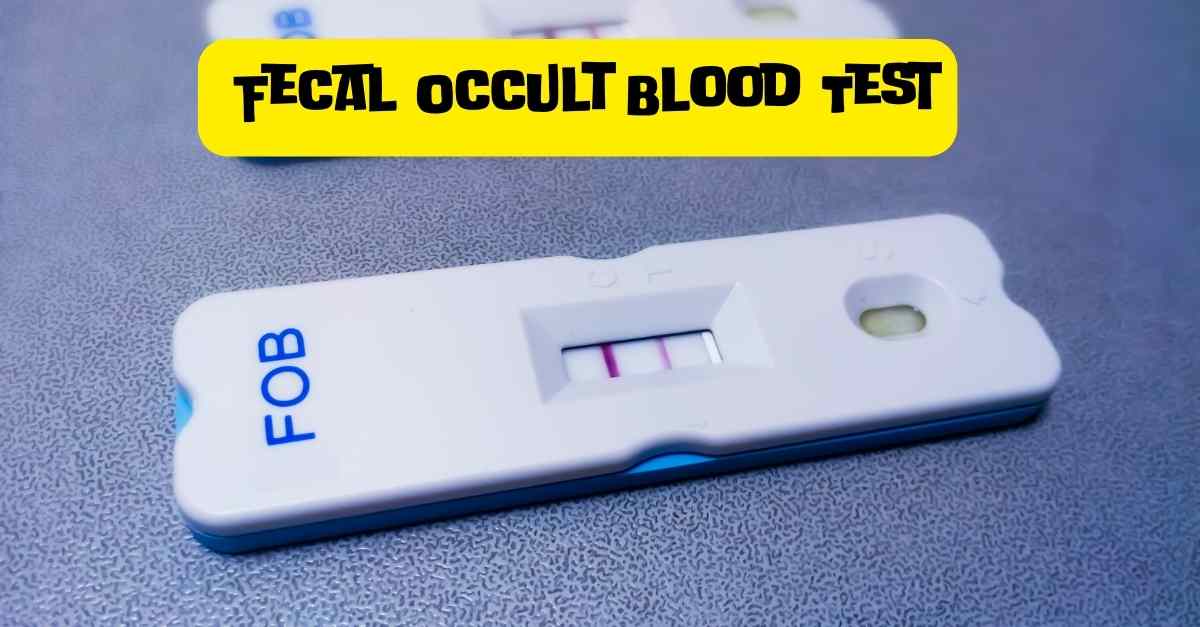
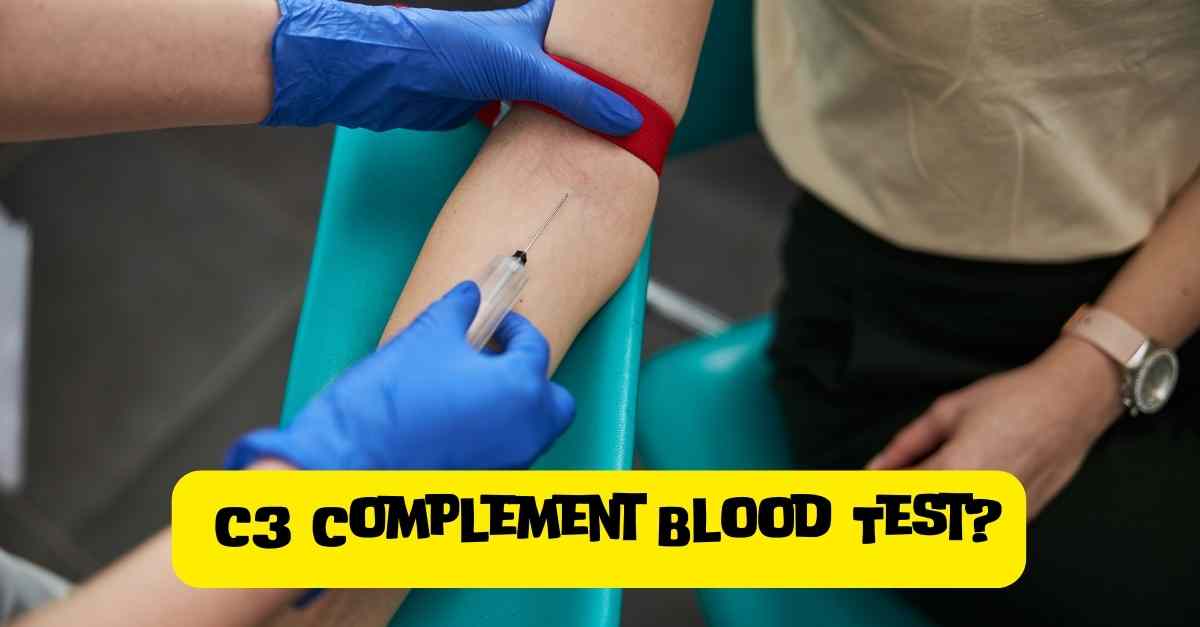
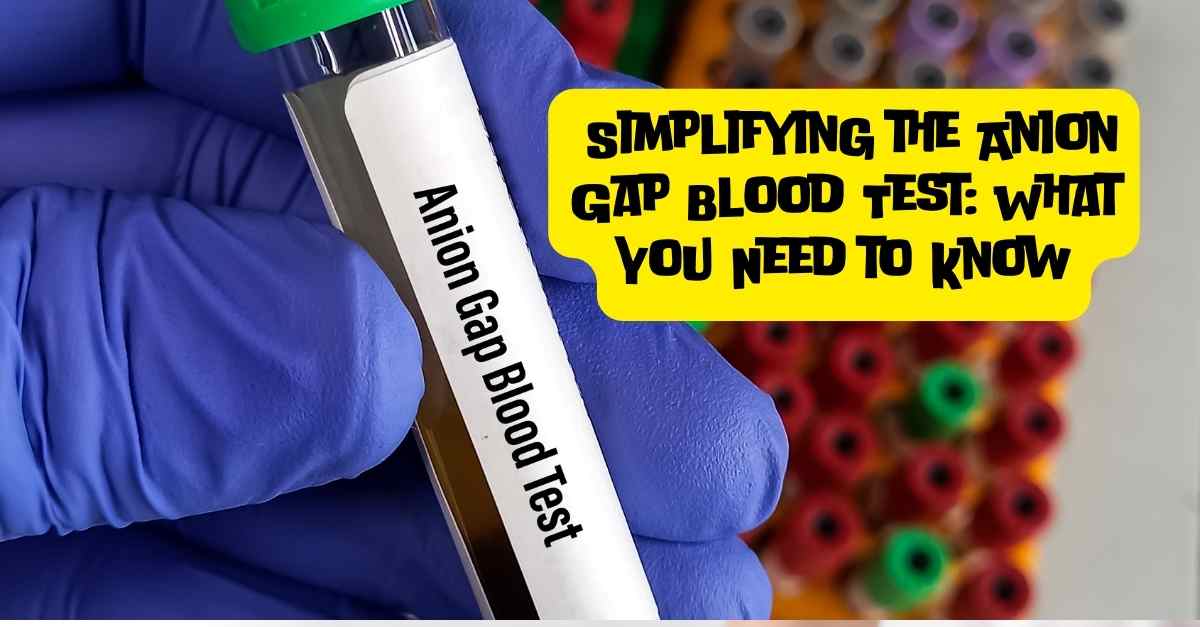
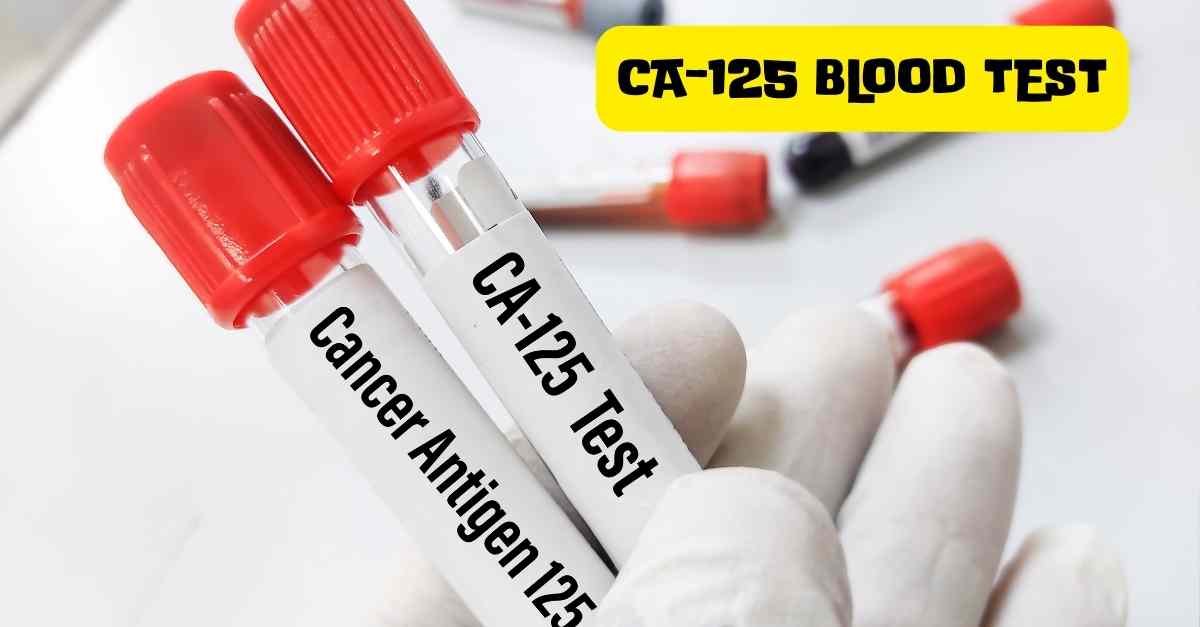
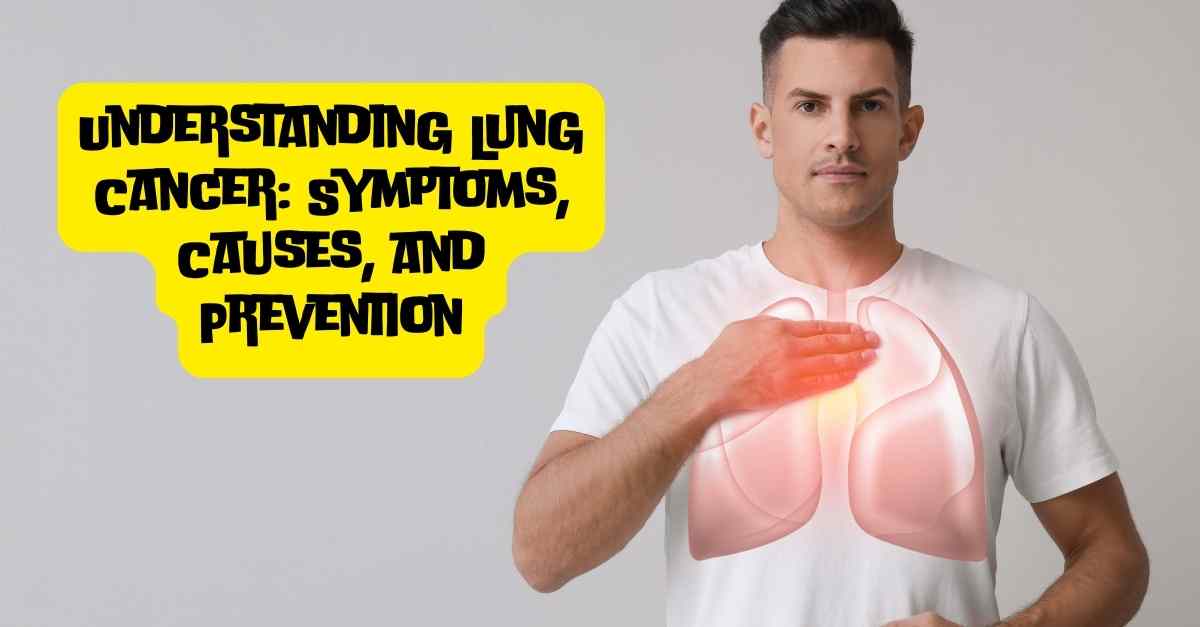




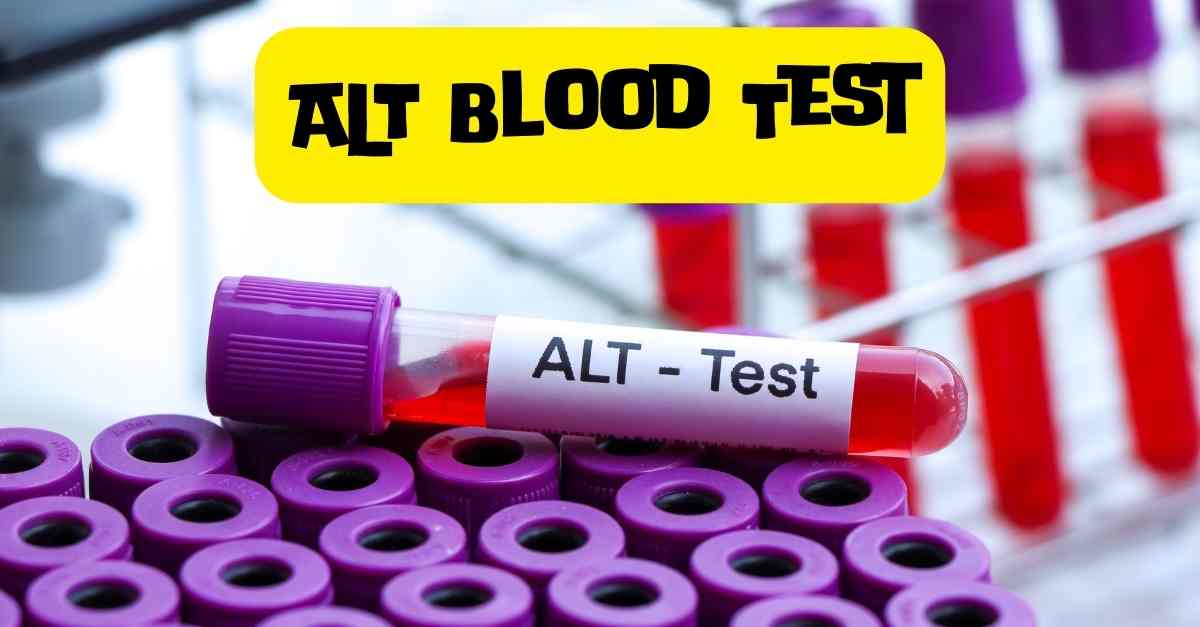
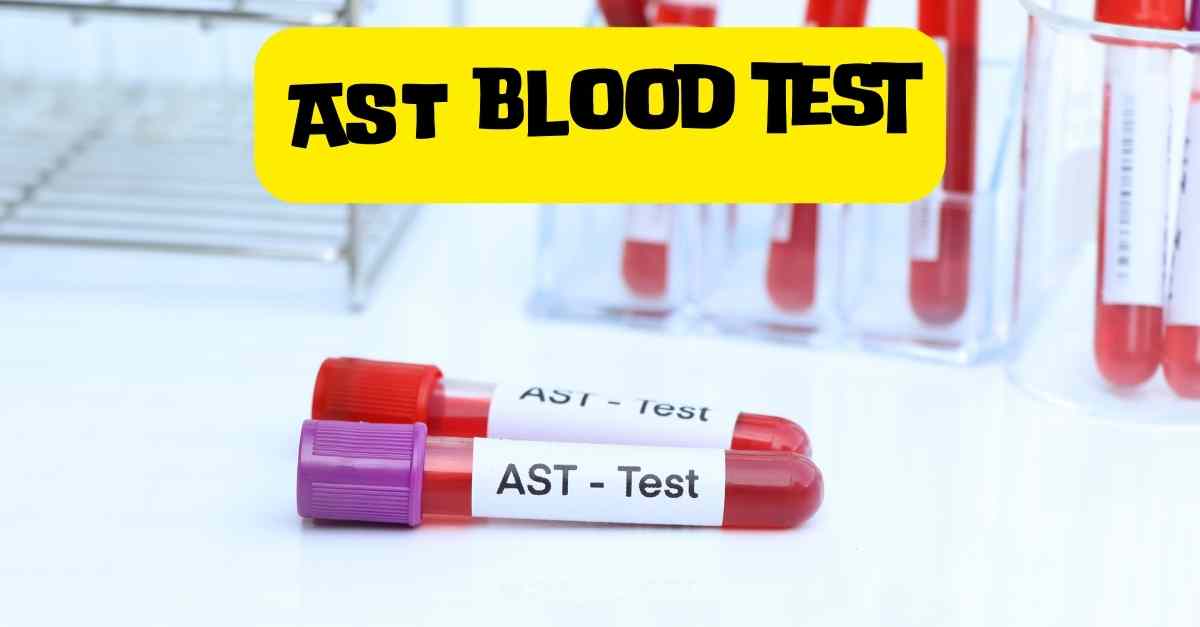
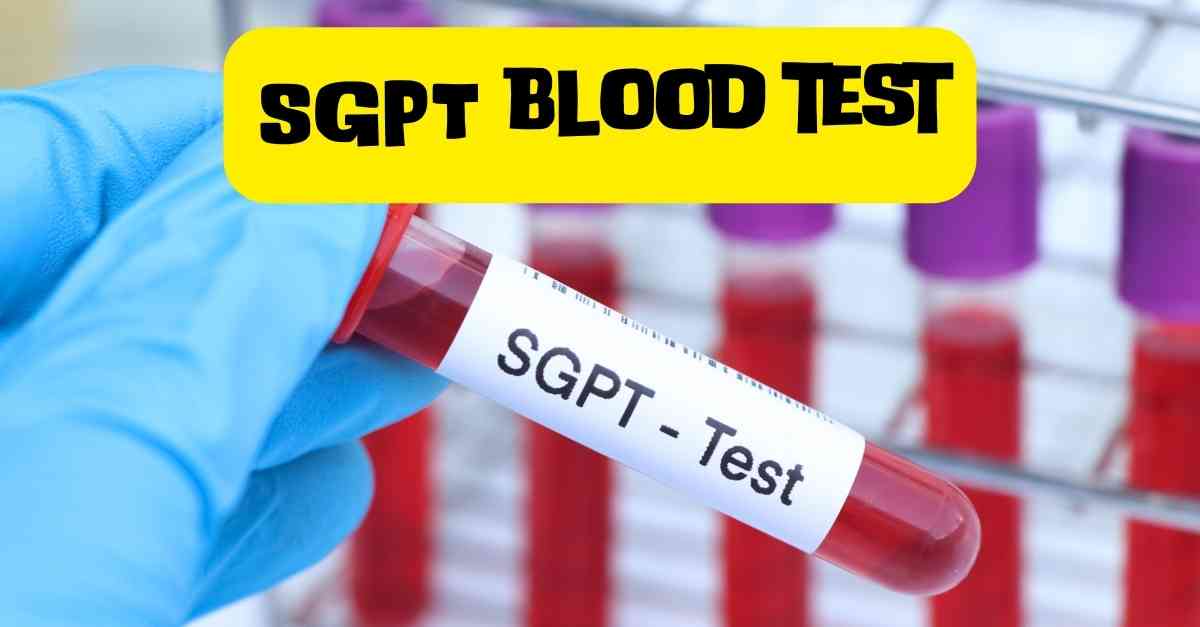
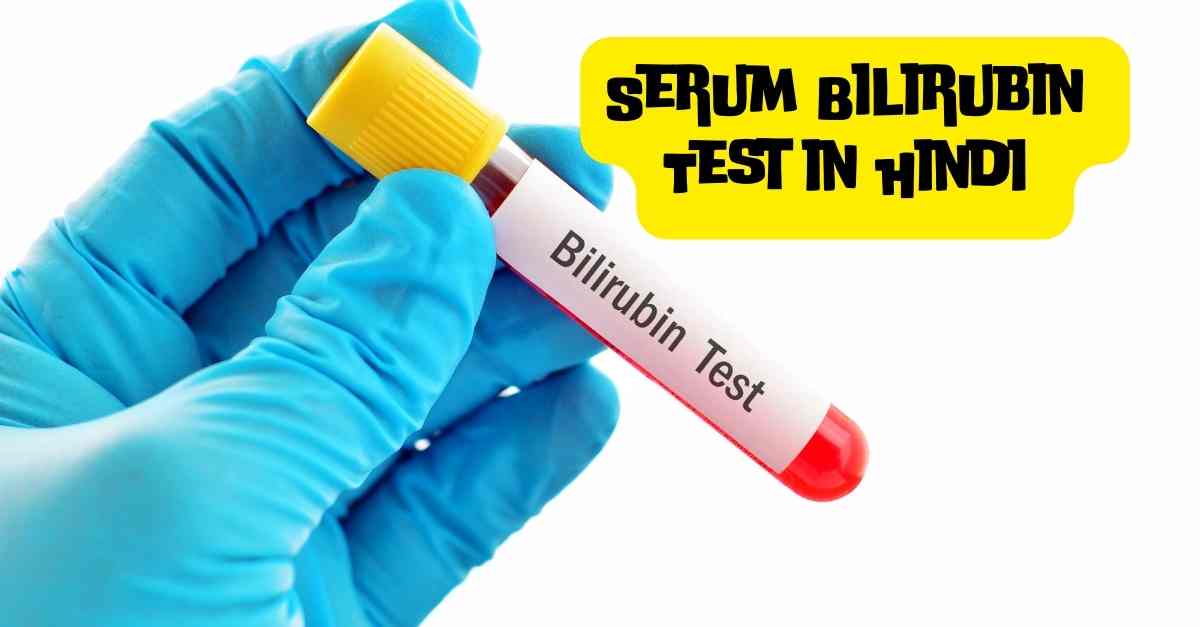
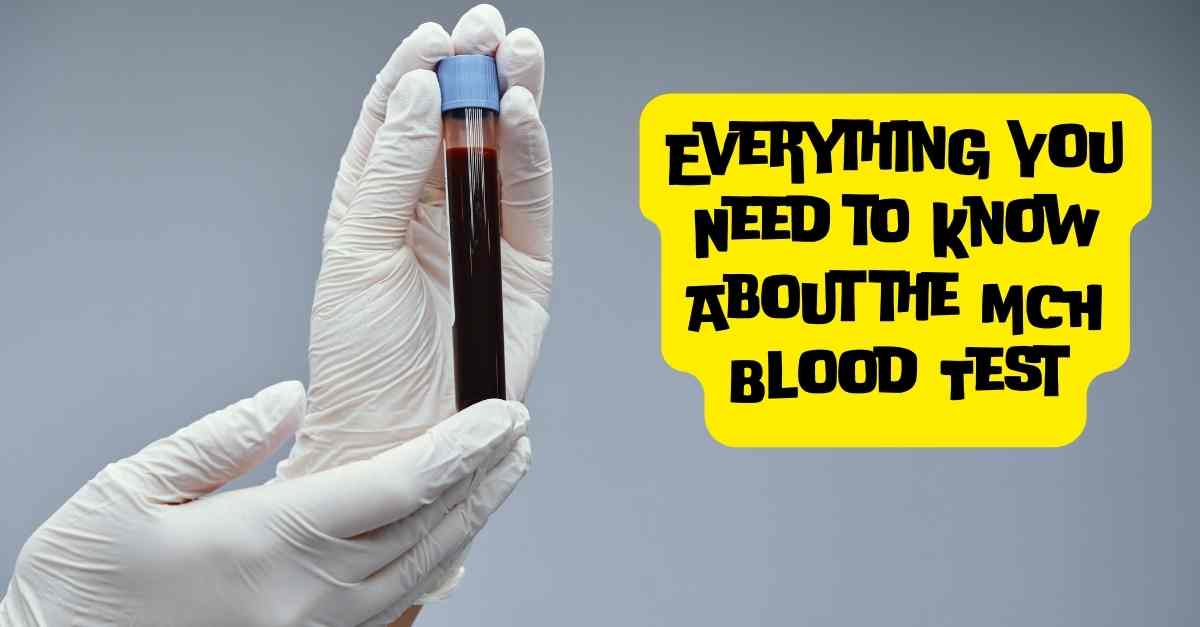




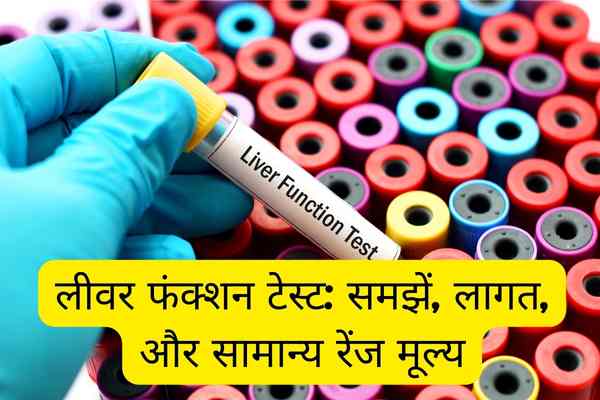
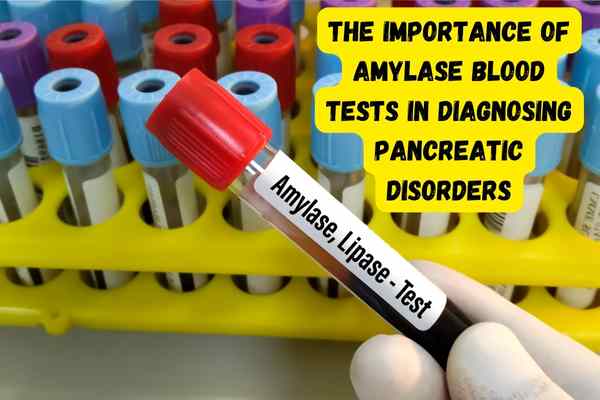
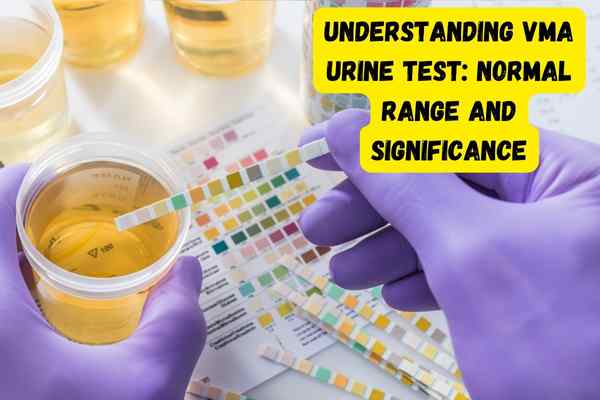
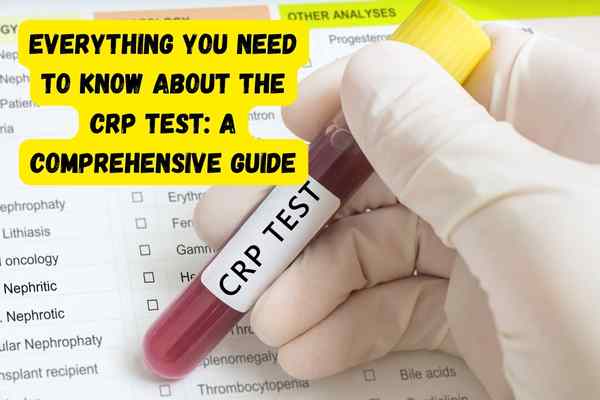

.jpg)

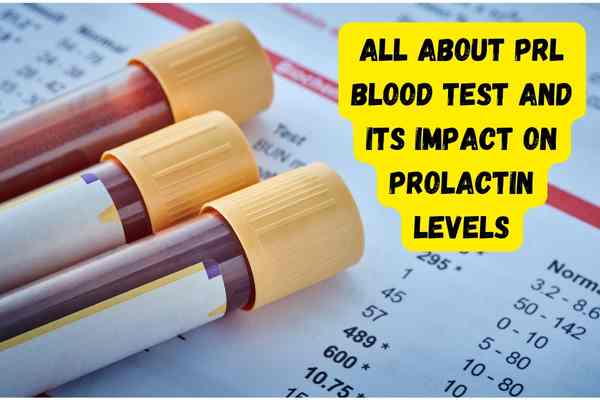
 Tests Demystified.jpg)
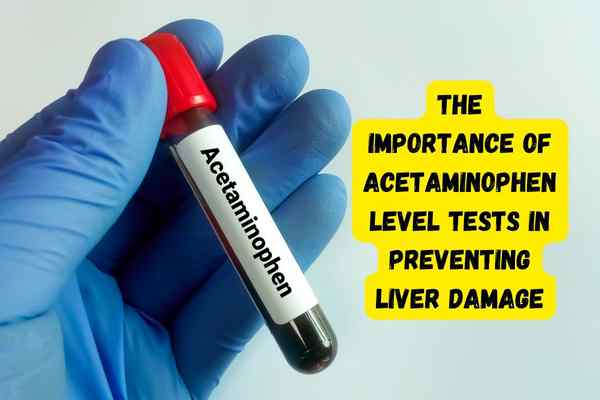
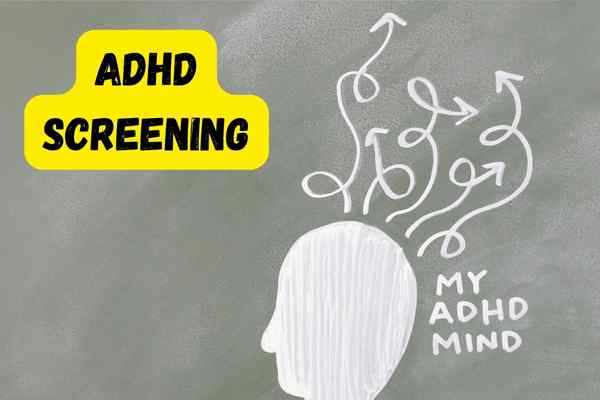
 Test.jpg)
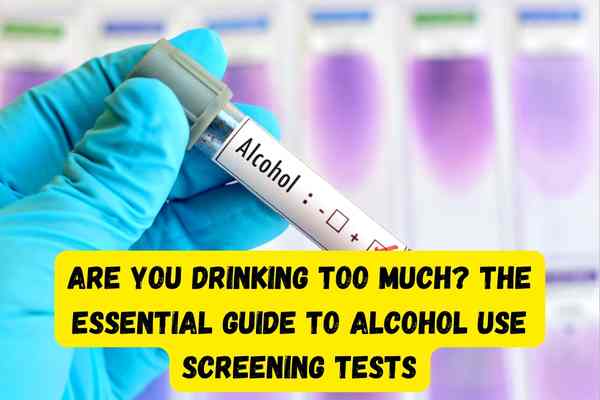

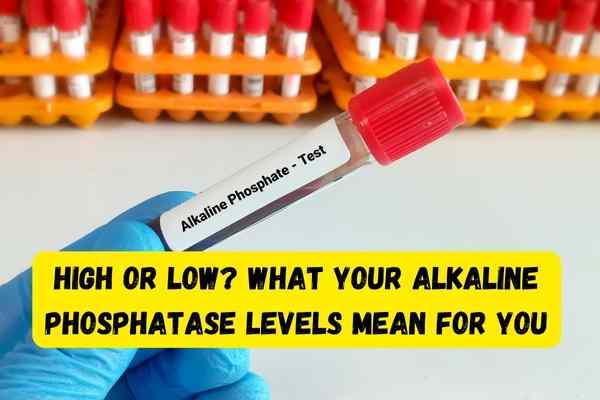
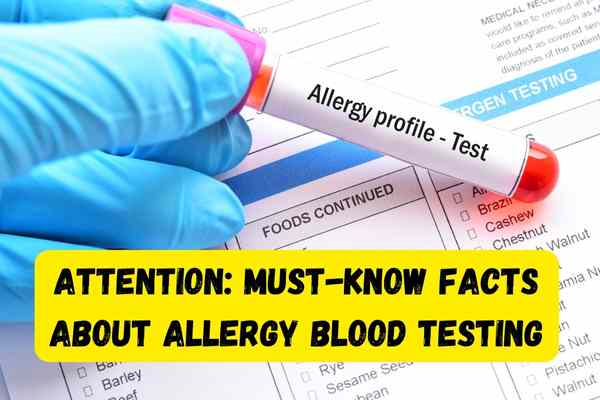

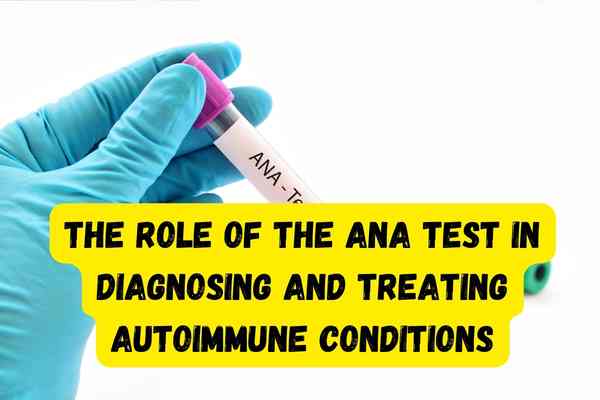


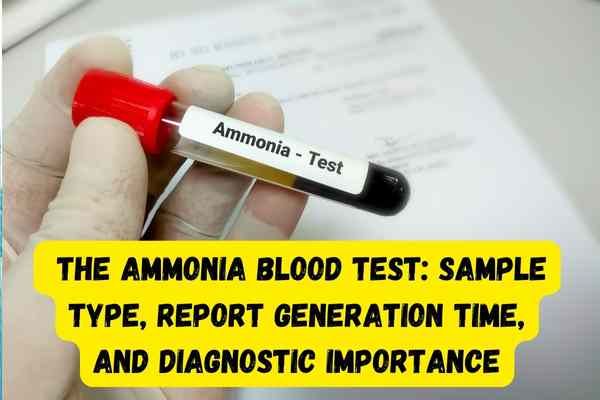
 Its Role, Sample Types, and Report Generation Time.jpg)

 Levels Explained Fast, Accurate Testing with Blood Samples at Marvel Path Lab.jpg)

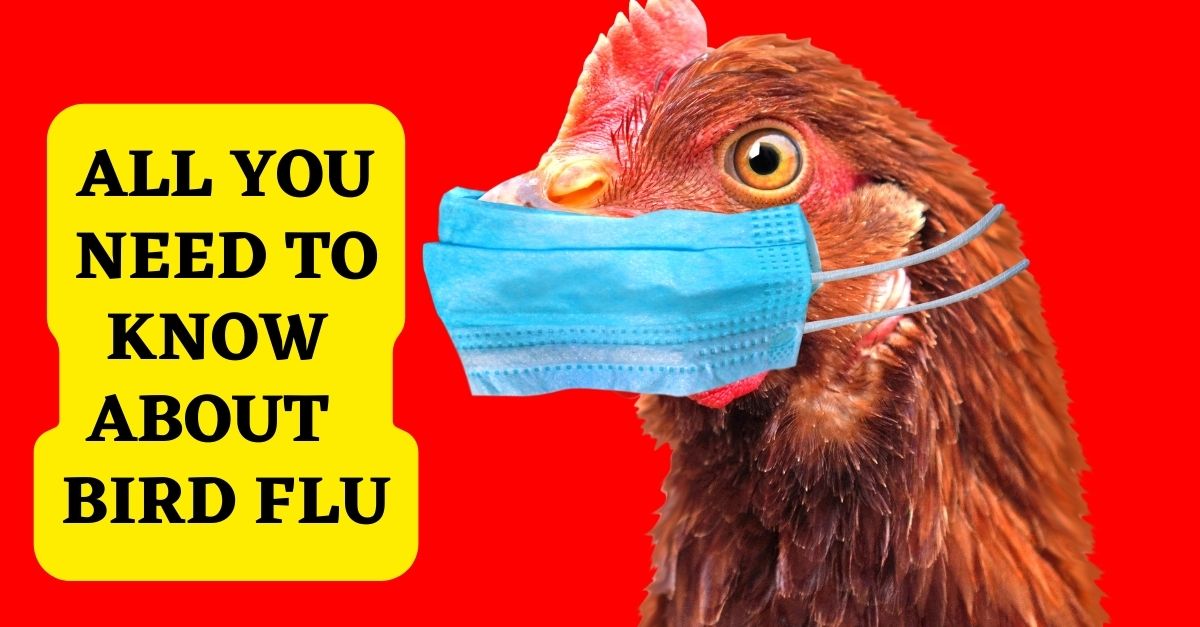

 48 मामलो की हुई पुष्टि.jpg)

